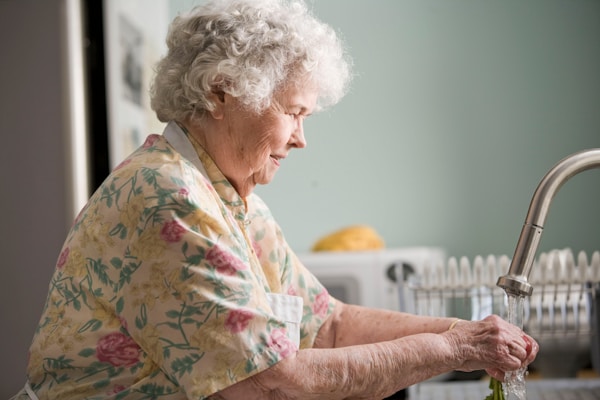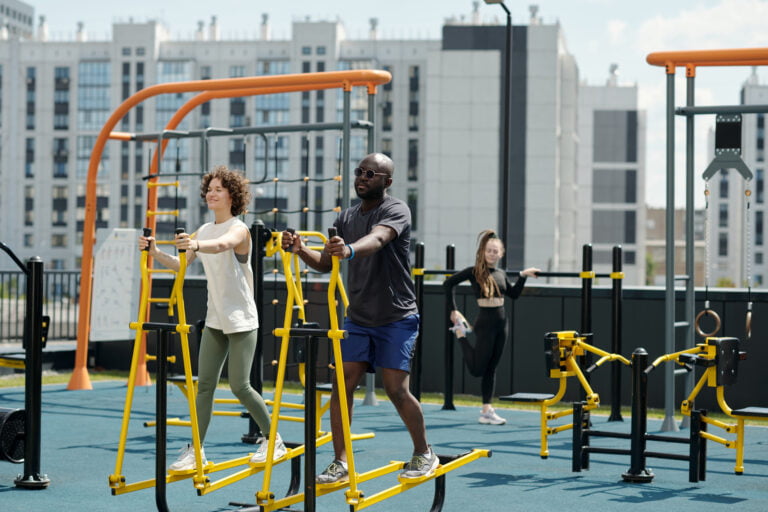Alzheimer’s is the most common form of dementia, affecting millions of people in the United States and all over the world. The disease is primarily characterized by the progressive deterioration of memory, as well as other mental and physical abilities. If your loved one has been diagnosed with Alzheimer’s, you may be wondering how you can allow them to maintain their current lifestyle. While there is no one-size-fits-all answer, there are some general guidelines you can follow so your loved one can maintain their quality of life. If you want to learn more, read on to find out how to help your loved one continue their lifestyle in the early stages of Alzheimer’s disease.
How can you help your loved one continue their lifestyle in the early stages of Alzheimer’s?

A good place to start is by learning more about how Alzheimer’s disease progresses and specifically about the 7 stages of dementia. In Alzheimer’s disease, abnormal proteins called beta-amyloid and tau accumulate in the brain, forming plaques and tangles that disrupt the normal workings of the brain. One of the best things you can do is learn about the early warning signs of dementia, so you can take your loved one to receive a diagnosis as soon as possible. Early diagnosis can improve their quality of life and the effectiveness of treatment.
You can also help your loved one stay social and engaged. One way to do this is to schedule regular activities and outings. This could include going to the park, having a picnic, going to the movies, or visiting a nearby town. You should have regular conversations with your loved ones, even if they don’t seem to be paying attention. Talking about familiar topics can keep them mentally stimulated. You can try playing games or puzzles together, or even just sitting and spending time together.
A ride-share service for seniors can be extremely beneficial for those who are suffering from Alzheimer’s disease. This is because it can provide them with much-needed transportation, which can allow them to have more independence and freedom. If you want to ensure your loved one can get out of the house when you’re not around, look for the best ride service for seniors in your area.
What else can you do to support someone with Alzheimer’s disease?

You should talk to your loved one about home modifications. There are many home modifications that can be useful for patients with Alzheimer’s disease. Some of these modifications may include installing grab bars in the bathroom and shower, using a shower chair, adding a raised toilet seat, and using nonslip mats. Other modifications may include rearranging the furniture in the home to create more open spaces and avoid busy or cluttered areas, adding task lighting to areas where reading or other activities take place, and using contrasting colors for orientation.
One of the biggest challenges for people with Alzheimer’s is remembering to take their medication. You can assist your loved ones by ensuring that they take their medication on time and as prescribed. You may also need to keep track of their doctor’s appointments. Working with your loved one’s doctor is an integral part of managing their care. The doctor can create a treatment plan that meets your loved one’s specific needs. The doctor can also provide you with information about support groups and other resources that may be useful.
It’s important to help your loved one when they’re living with Alzheimer’s disease. Early intervention can slow the progression of the disease and make life easier for both you and your loved one. You can also assist them in other ways, including learning about their condition, spending time with them, and managing the details of their medical care. Home modifications can improve their quality of life and keep them safe, so you may want to make their space more accessible too. Follow the tips in this article and you can have the peace of mind that comes with knowing you’re providing the best possible care to your loved one in the early stages of Alzheimer’s disease.











